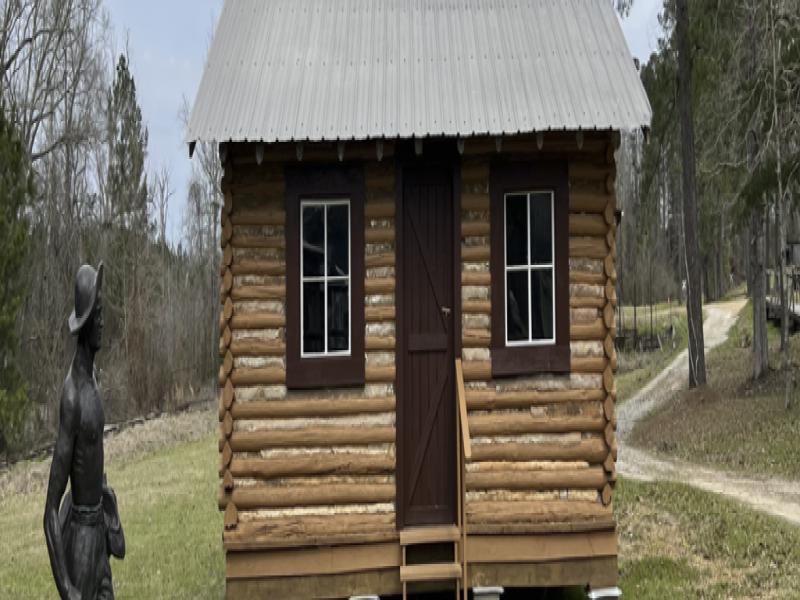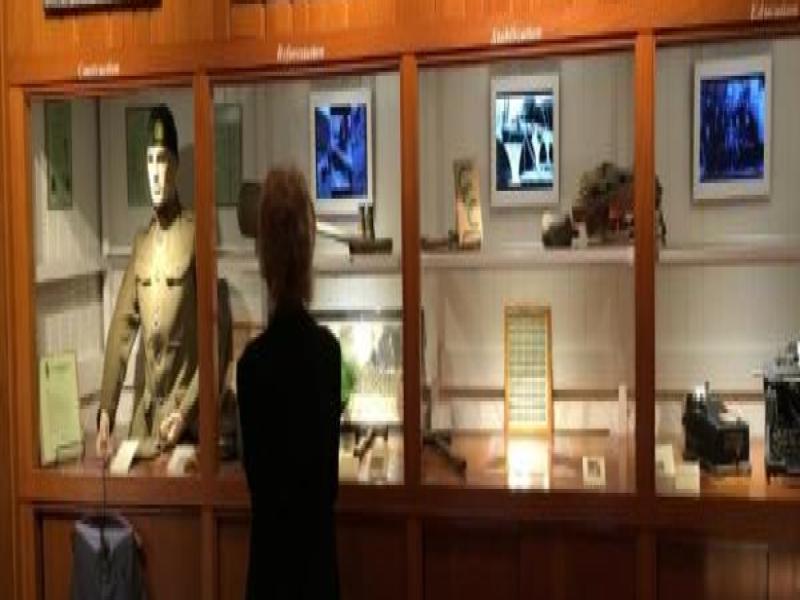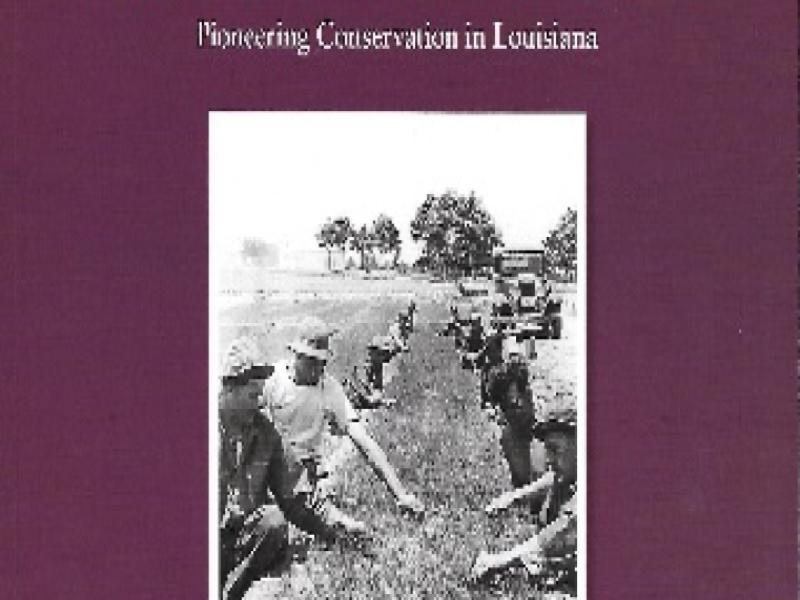The Civilian Conservation Corps (CCC) was a public work relief program that operated from 1933 to 1942 in the United States for unemployed, unmarried young men from relief families, ages 18-25.
A part of the New Deal of U.S. President Franklin D. Roosevelt, it provided unskilled manual labor jobs that pioneered methodologies for conserving and restoring forest and agricultural lands. The CCC workers planted over 2 billion trees, built over 125,000 miles of roads and trails, constructed over 6 million erosion control structures, and spent 6 million workdays fighting forest wildfires. An equally remarkable accomplishment was the program’s effect on the lives of the CCC young men, changing despondent youths to confident, well-prepared men who would capably defend the United States during World War II.
The CCC was described by historians as the most effective program developed to provide relief during the Great Depression. It saved young men and trained them for the future.






